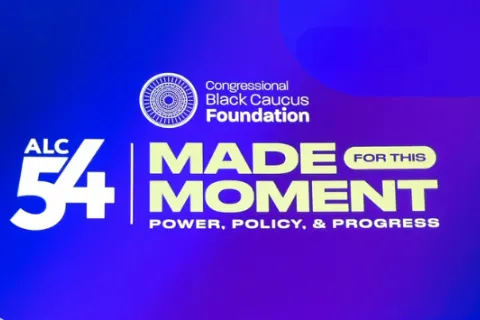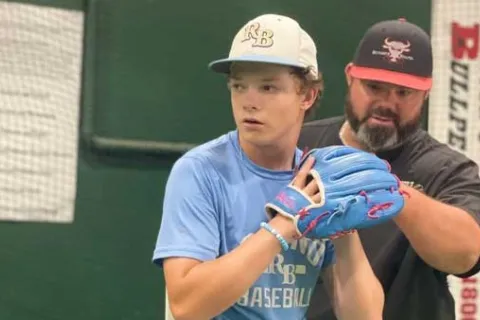Autistic adults and transitioning relationships
By Brigid RankowskiRelationships change all the time. It’s easy to focus on positive changes, such as transitioning to marriage. But break-ups, falling-outs, conflicts and other transitions within and out of relationships are opportunities where you can really grow. Here are some important lessons learned from them.
Outgrowing relationships can be empowering. Maybe you found dealbreakers in your relationship that were missed in the beginning. Or maybe you started noticing traits about how the other person in your relationship acts that aren’t in service of your own goals. Whatever the reason you outgrow your relationship, good for you for recognizing it. You don’t have control over others, but you do have control over how you react and act.
Your happiness is equally important in a relationship. One of the biggest things I experienced recently is the concept of a break in a connection with another person. Scheduling time apart with no communication between people can offer breathing space to relax and allow you to examine your own thoughts. It is easy to get so swept up in plans, actions, and the active parts of relationships that we forget to take time to sit down with our thoughts in examining if it is a healthy relationship. Additionally, seeking to make other people happy can cause us to want to elicit that emotion more. But someone else’s happiness is not always an indication of our own happiness.
“A break in connection can be very challenging to overcome but it is always good to do what is best for you,” says Hannah Tomkovicz, Director of Adult Services at Autism Speaks. “Some autistic adults can mask these feelings because that is what they have gotten used to doing. But there will come a time where it is too difficult to mask.”
Tomkovicz points out that although a break in connection can feel devastating in the moment or feel like the world is ending, it is important for autistic individuals to prioritize themselves and their feelings.
“Autistic individuals need to focus on their own happiness and establish relationships that make them feel good, confident and where they can be themselves,” she added.
You need boundaries to be your best self. Boundaries are the guides we can use to demonstrate our values. An example of a boundary is, “I am not comfortable being yelled at so I will leave the room if yelled at.” But “you can’t yell at me” isn’t a boundary. Putting demands on others through rules or expectations is not establishing boundaries. Instead, boundaries are about the action you will take to ensure your wellness.
Boundaries can be introduced at any point in a relationship. Changes in how a relationship functions can prompt new or revised boundaries. It’s never too late to speak up about boundaries. The most important thing is communicating them. Because if you don’t, how do you expect others to know what’s going on with you?
You can’t rush healing. Whether it is a break-up or resolving a conflict in a relationship, some people may want to quickly go back to ‘normal’. But you can’t rush healing. Unfortunately, that means you aren’t always in charge of how quickly you can navigate complicated emotions.
Being stuck in the uncertainty void of not knowing when you can talk to another person can be stressful. What you can do if your goal is for your relationship to continue in some way is to set expectations about touching base in a week, month, or even a few days to help create a sense of security in uncertain times. Or, you can let the other person(s) know what you may need in terms of timing. It is hard but, just like with setting boundaries, you can decide at any point that you need more, or less space.
You are capable of healthy change. The sunk cost fallacy is the concept that you have already spent time and effort in a relationship, so you should stick with it. This thinking can be seen in the workplace where a person stays in a career because they have already spent so much time in it. But people change and grow. It is only natural to acknowledge that sometimes people may grow apart. It doesn’t have to mean someone was wrong, evil, or toxic. It can just mean you are ready for something different. It is actually healthy to stop investing in a failing relationship. Trust your gut.
“Change is something that can be difficult for autistic individuals, but often times these individuals have learned coping skills to assist with change,” said Tomkovicz. “They used these skills in school and growing up. This is a perfect example of where they can generalize these skills to adult relationships.”
Final note: These tips are based around relationships in which the other person is able and willing to meet you where you are. But there are some relationships where it is healthiest to remove yourself from it. If you are in a dangerous relationship, know there is help available.
National Domestic Violence Hotline: 1-800-799-SAFE (7233) | Text START to 88788
About the author
Brigid Rankowski is a self-advocate who writes and presents on various disability topics with a specialization in autism. She is executive director of The Way We Move, a social circus program that brings circus arts to marginalized communities. Her work for Autism Speaks includes articles on Coping with Disrupted Routines, LGBTAQ+ issues, and the Roadmap to Self-Empowerment for Autistic Adults, among others.











